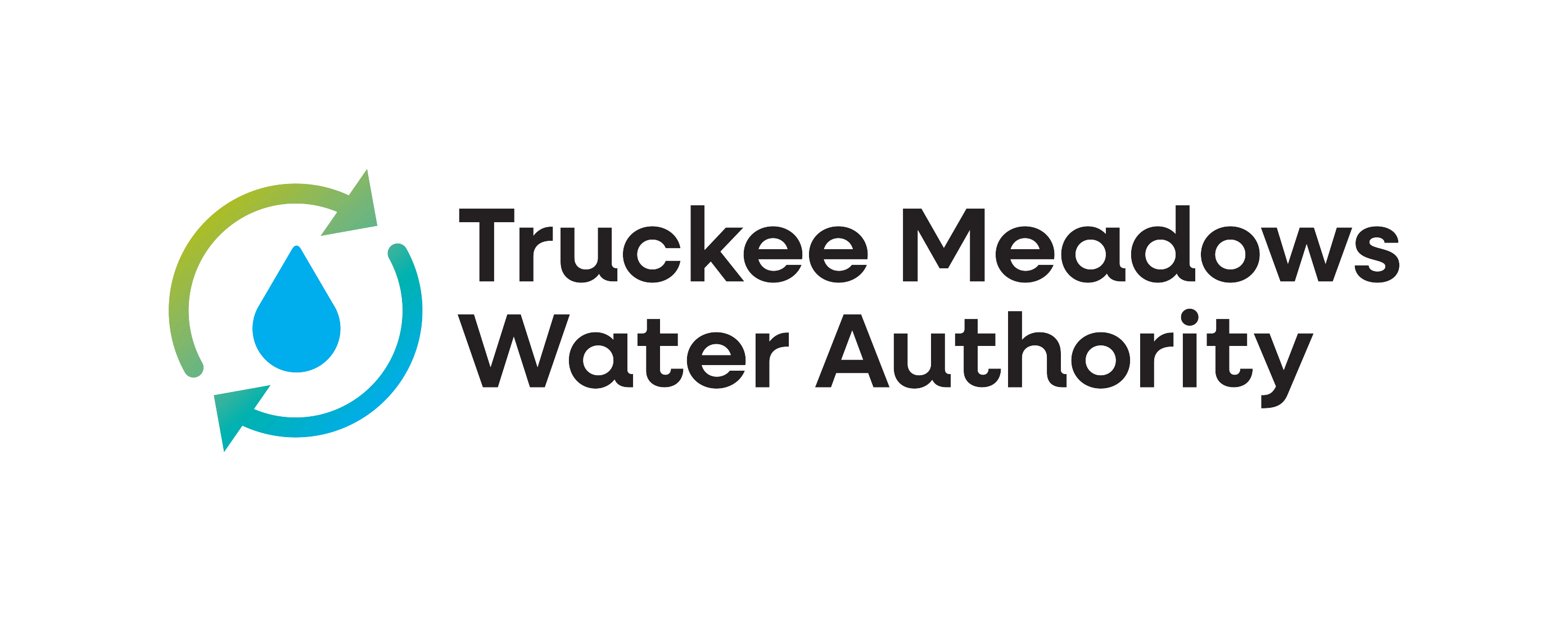Source Water Protection ProgramFrequently Asked Questions
“Source Water refers to sources of water (such as rivers, streams, lakes, reservoirs, springs, and groundwater) that provide water to public drinking water supplies and private wells.” (USEPA)
Contamination of our water supply poses possible health, water quality, and financial risks to our water system. Source water protection is one of the most effective and efficient ways to protect drinking water quality.
Source water protection includes a wide variety of actions and activities aimed at safeguarding, maintaining, or improving the quality of sources of drinking water and their contributing areas. These activities may depend on the type of source being protected (e.g., groundwater, reservoir, or river). Some examples of source water protection are:
- Riparian zone restoration to reduce runoff pollution;
- Stream bank stabilization to reduce sedimentation;
- Best management practices for agricultural and forestry activities or
- stormwater control;
- Local ordinances to identify activities with potential to release contaminants
- in source water or wellhead protection areas;
- Developing emergency response plans; and
Educating local industry, businesses, and citizens on pollution prevention and source water protection. (see USEPA)
No. The City of Reno updated development code (RMC Section 18.04.107) includes a means to share information on source water protection between the development community and TMWA.
No. In a collaboration between state and local governments, TMWA is implementing a source water protection program to help prevent contamination of critical water supplies, keeping the water clean and safe to drink for generations to come.
This public/private partnership relies on educating private businesses about the presence and importance of drinking water sources and sensitive infrastructure like groundwater wells and surface water intakes.
When the program is successfully implemented, TMWA would receive notification of new “potentially contributing uses” occurring within critical distances of sensitive infrastructure, and private businesses will be educated about the presence of critical drinking water infrastructure located nearby. Education will allow businesses to continue to be good stewards of surface and groundwater drinking water sources and help prevent contamination of those essential water supplies.
Safe drinking water benefits our entire community. The Source Water Protection Program and the City of Reno identify 14 categories of use type (see below) as “Potentially Contributing Uses” (Development Code Section 18.04.107). Business operations with these “use types” often need to store and use materials (chemicals, fuel, etc.) that, if released into the environment, can contribute to groundwater or surface water pollution. Business applicants with the following “use types” must share the parcel number, contact information and the main business type with TMWA, so that working together TMWA and property owners can prevent pollution of community drinking water sources.
- Public Park or Recreation Area
- College, University, or Seminary
- School, Secondary
- School, Vocational or Trade
- Healthcare Facilities (all uses)
- Agricultural, Animals, and Farming (all uses)
- Cleaners, Commercial
- Amusement or Recreation, Outside
- Sports Arena, Stadium, or Track
- Airport Operations and Facilities
- Auto Service and Repair
- Gas Station
- Truck Stop / Travel Plaza
- Industrial Uses (All Uses)
Safe drinking water benefits our entire community. The Source Water Protection Program and the City of Reno code changes will mainly affect business applicants in 14 categories of use type (see below). A simple request for information is required from these applicants when submitting a business application. The applicant is simply asked to share the parcel number, contact information and the main business type with TMWA.
- Public Park or Recreation Area
- College, University, or Seminary
- School, Secondary
- School, Vocational or Trade
- Healthcare Facilities (all uses)
- Agricultural, Animals, and Farming (all uses)
- Cleaners, Commercial
- Amusement or Recreation, Outside
- Sports Arena, Stadium, or Track
- Airport Operations and Facilities
- Auto Service and Repair
- Gas Station
- Truck Stop / Travel Plaza
- Industrial Uses (All Uses)
Better-protected drinking water benefits current and future generations in Northern Nevada as we keep our resources free of contamination and maintain the high quality water that we’ve come to enjoy here in the Truckee Meadows. Protecting source water in our community can help:
- Avoid costly future remediation
- Limit future liability to business owners
- Reduce the need for costly, new drinking water sources
- Allow resources to be used more efficiently
- Lead to a reduction and/or elimination of pollutants
TMWA provides some of the best-tasting water in the country. Although water quality testing shows that the water we serve is of high quality, there is a need to continually work to protect water quality and to reduce the susceptibility to potential contamination. Regional water quality will benefit from reduced pollutant threats to our drinking water supply, including the Truckee River and groundwater.
Source water protection planning will help TMWA continue to use a multiple barrier contamination to keep our water supply clean and safe.
The SmartAboutWater.com website provides information regarding our regional watersheds, water supply, water quality protection, conservation, and depicts source water protection areas on an interactive map.
